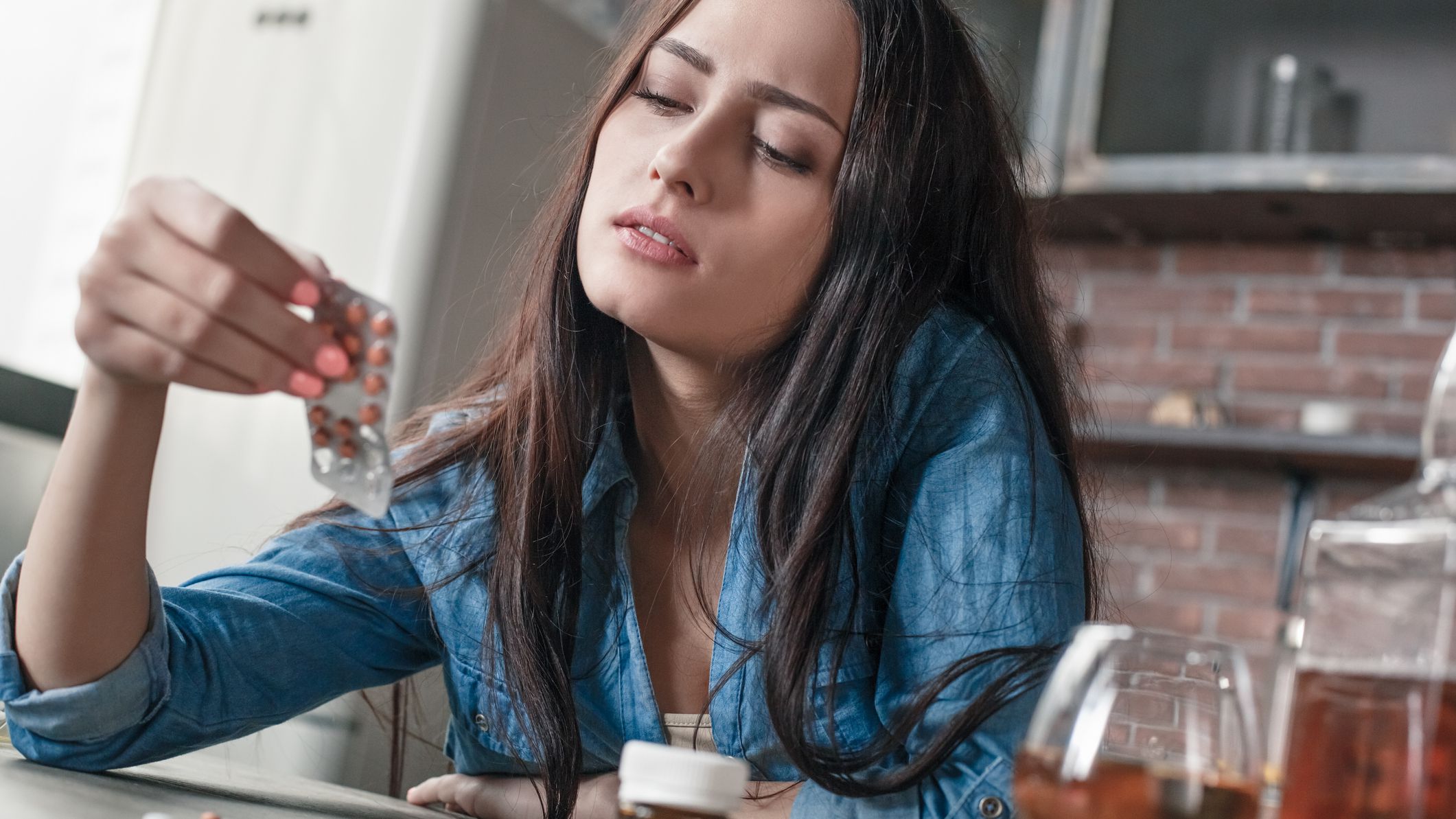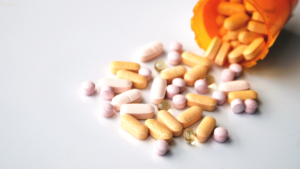
When it comes to mixing alcohol with medication, it’s crucial to understand your body’s limits. While you might think you can handle any drink while on medication, it’s not the case. Alcohol is a depressant and can reduce the effectiveness of your medication. So, you’re not getting drunk on alcohol itself, but rather on its effects combined with your meds. There are exceptions, like with muscle relaxers, where alcohol might be okay to consume.
However, combining alcohol and medication can lead to serious health issues, not only for the person drinking but also for their friends and family. In some cases, it can escalate to a point where the person develops a severe addiction and may need treatment at a rehab clinic like Paramount Recovery Centers.
To prevent these risks, it’s important to maintain a proper balance between alcohol and medication. Initially, it’s natural to feel a little nervous about drinking while on medication. Fortunately, there are some drugs that can be safely consumed with alcohol. However, it’s always best to consult a healthcare professional or pharmacist for advice on the specific medications you’re taking. Here are some examples: Antihypertensives Antihypertensives, or blood pressure medications, are very effective, and many people taking them are able to use their drugs and still continue to drink. However, it is important to know that if you drink alcohol with your blood pressure medication, you can face serious side effects.
There are numerous medications that should not be taken with alcohol. For instance, you may be advised against drinking alcohol with semaglutide or any other weight loss supplements. Similarly, there are other prescription and over-the-counter medicines that should not be taken while under the influence of alcohol. Here is a list of some of the most common ones.
Painkillers
Painkillers are a group of prescription medicines that are used to treat pain. Below are some of the painkillers you can’t drink alcohol with. Many people take them every day, and they are easy to get. When you drink alcohol, your body gets rid of the painkillers through your urine. Drinking alcohol, however, can be dangerous if you are taking painkillers because it can slow down your body from excreting the painkillers. If you are taking a lot of painkillers, you probably can’t drink alcohol. Some of these painkillers are more dangerous than others – and some people have to be careful about drinking alcohol because it can make their painkillers less effective.
Anti-Anxiety And Sleeping Pills
We have all had those nights when the stress of the day can leave you feeling anxious. The only solution until the morning? A large glass of red wine, a cup of coffee, or some Xanax. And then, of course, the hangover. It is not uncommon to develop anxiety or suffer from insomnia in your life, even though you are not taking prescribed anti-anxiety medications or sleeping pills. These drugs are designed to help with anxiety or sleep issues in specific situations, but they carry a number of risks when used, either alone or in combination with alcohol. If you are using more natural products to help reduce anxiety, for instance, cannabis from places such as https://getkush.io/ then you will still need to consult with a professional first to see if you are able to drink some alcohol with it, as taking too much will still cause issues but a little bit maybe more acceptable. In my opinion, most doctors would advise you not to, as the effect cannabis can have on anxiety levels should be enough to get through the day. If you feel like it’s not doing the job, then perhaps you could try to smoke relatively more potent strains, like black mamba strain or similar others, for a stronger effect on your nerves. However, try to refrain from adding any alcohol to the mix.
Diabetes Medications
Diabetes is a serious condition that affects the body’s ability to use insulin properly and can lead to life-threatening problems such as strokes, heart failure, kidney failure, nerve damage, and amputations. There are many different types of diabetes, and each have different treatments. However, the most common type of diabetes is called Type 1 and is usually diagnosed between the ages of 10 and 20. If it is not treated, this type of diabetes can cause permanent nerve damage, which can lead to blindness or amputations. If you’ve recently been diagnosed with diabetes, then attending a Diabetes Program can teach you all the skills necessary to manage diabetes more effectively, such as checking blood sugar regularly, eating healthy foods, being physically active, taking medications as prescribed, and handling stress effectively. Many of us have been there: we know someone who has diabetes or needs to start taking medicine for our own health. But what about the drugs we take to manage diabetes? Despite the fact that many of them are common, they’re not quite as easy to ingest when you’re drinking alcohol. To clarify, many of the medications used to manage diabetes contain alcohol.
Antibiotics
It’s not uncommon to hear people discussing antibiotics, but oftentimes we forget that antibiotics are very powerful medications and should only be taken for severe cases of sickness. It’s easy to get carried away, though, because when we hear about antibiotics, we think of the common cold and stomach bugs. But, in fact, most antibiotics are prescribed for much more serious conditions. In this post, we’ll be covering the most common types of antibiotics and the symptoms that they’re used for. The American Medical Association (AMA) has released a new set of guidelines for doctors on when to prescribe antibiotics to their patients. The good news is, it doesn’t matter if you consume alcohol when you are taking them. The bad news is, you can’t drink while taking the pills, and you might want to avoid older antibiotics for that reason as well.



